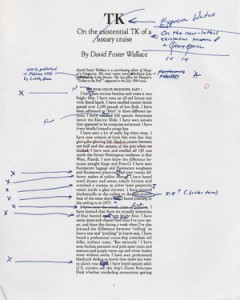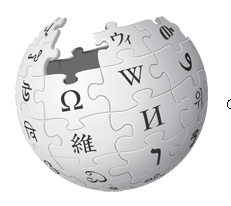
James Bridle, of booktwo.org, writes about how one entry in Wikipedia – The Iraq War – turned into a multi-volume set, 12 books in all. Basically, Mr Bridle, took all the edits to that one entry, made between Dec. 2004 and Nov 2009 and turned them into a 12-volume look into ‘flow of history,’ Wikipedia-style
This particular book—or rather, set of books—is every edit made to a single Wikipedia article, during the five years between the article’s inception in December 2004 and November 2009, a total of 12,000 changes and almost 7,000 pages.
It amounts to twelve volumes: the size of a single old-style encyclopaedia. It contains arguments over numbers, differences of opinion on relevance and political standpoints, and frequent moments when someone erases the whole thing and just writes “Saddam Hussein was a dickheadâ€.
It is a rather fascinating concept and posting. Read it at booktwo.org. See his presentation on Slideshare. Or listen to his presentation at Huffduffer [he presented at dContruct 2010].



